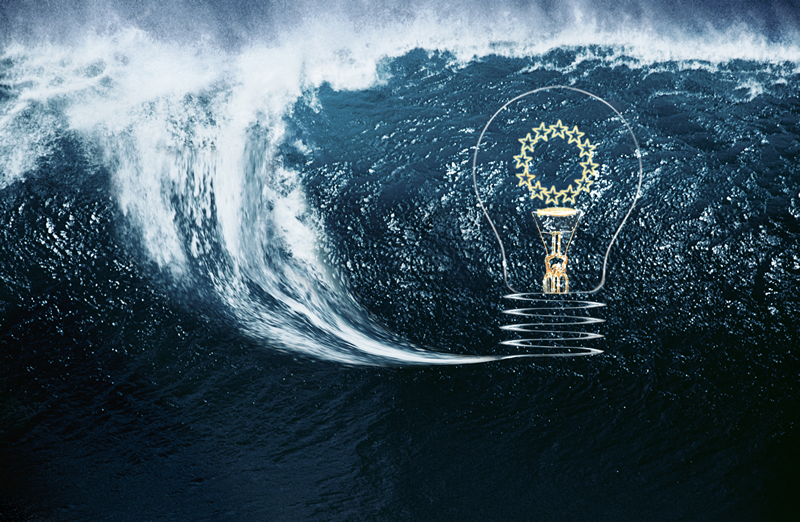“For future generations, the consequences of continuing on the same carbon-emitting path are of unimaginable severity to all of society, including business, with enormous operational, financial and reputational risk. Keeping the temperature rise within two degrees Celsius is the only just approach the world can take to step away from the brink of a catastrophic future.”
Mary Robinson, UN Special Envoy for Climate Change, at the 2013 Business for Social Responsibility Conference
Renewable Energy is one of the most effective measures we can take in order to tackle climate change. As well as reducing our dependence on fossil fuels and actively reducing greenhouse gas emissions, renewable energy can improve security of supply to Ireland and deliver green jobs to the economy, contributing to national competitiveness and economic growth.
The Irish Government is committed to supporting Irish companies that are developing renewable energy technologies, and also to the sustainable development of our vast Irish renewable energy resources. In 2012, the Department of Communications, Energy and Natural Resources (DCENR) published the Strategy for Renewable Energy: 2012 – 2020. The strategy paper contained 5 goals reflecting the Governments key policy objectives, including:
- Progressively more renewable electricity from onshore and offshore wind power for the domestic and export markets
- Green growth through research and development of renewable technologies including the preparation for market of ocean technologies
In July 2012, the Government published Harnessing our Ocean Wealth: An Integrated Marine Plan for Ireland. This historic document sets out a roadmap for the Governments vision, high level goals and integrated actions across policy, governance and business to enable the marine potential in Ireland to be realised. Key to the success of this is the interdepartmental Marine Coordination Group, whose responsibility it is to ensure that the actions identified in the plan are progressed in a coordinated and integrated fashion.
In February 2014, DCENR published the Offshore Renewable Energy Development Plan (OREDP), a framework for the sustainable development of Ireland’s offshore renewable energy resource. This cemented the Irish Government’s commitment to the development of an indigenous ocean energy industry in Ireland and to continue efforts to harness the vast potential of the natural energy resource that is available to us from our marine environment. Some of the key measures set out in the OREDP include:
- Increase exchequer support for ocean research, development and demonstration by €16.8 million to bring total cumulative funding to €26.3 million for the period 2013 to 2016. This includes the Atlantic Marine Energy Test Site, Galway Bay Quarter Scale Test Site, IMERC and SEAI’s Prototype Development Fund.
- Introduce Initial Market Tariff for Ocean Energy, subject to State Aid clearance, equivalent to €260/MWH and limited to 30MW.
- Introduce a New Planning and Consent Architecture for Development in the Marine Area i.e. a new Foreshore Bill provide a streamlined development consent process.
REMTec Consulting offer a range of services in Renewable Energy policy development and environmental assessment, as well as assistance to companies both in Ireland and abroad in technology development, planning and permitting, resource analysis and financing. For more information on the various services we can provide go to REMTec Services or feel free to contact us directly at the email address provided.

